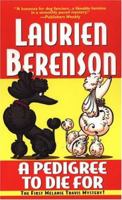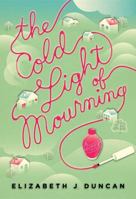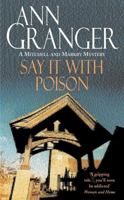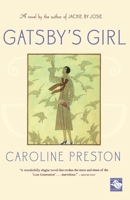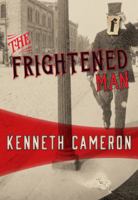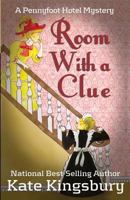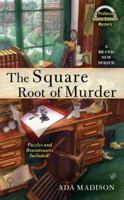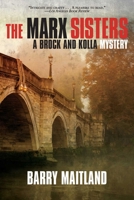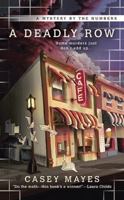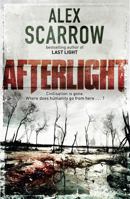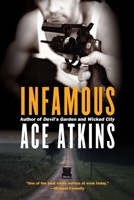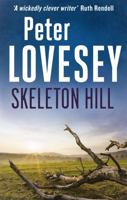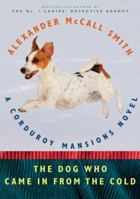You Might Also Enjoy
Book Overview
Related Subjects
Contemporary Fiction Genre Fiction Literary Literature & Fiction Psychological Thrillers Thrillers WarCustomer Reviews
Rated 5 starsExtremely entertaining
I have really enjoyed the Scotland Street series from Smith and wondered if he could keep the momentum going with this serialized novel that takes place in London. And amazingly enough he pulls yet another rabbit out of his hat with this charming and entertaining book. Like the Scotland Street series this book revolves around a specific location, this time a complex of London flats called Corduroy Mansions. There is a nice...
0Report
Rated 5 starsAlexander McCall Smith has done it again!
I really enjoyed this book! It has the same style that makes his books so enjoyable. I really like the 44 Scotland Street Series, which this book is similar but based in London. I love how McCall Smith can paint pictures of peoples souls with his words and show human weakness and triumph in such a way that you feel good after reading his books.
0Report
Rated 5 starsAddictive read!
This is the first book that I have read by Alexander McCall Smith. I realize that I have been missing a lot! This novel is set in a London residential section and a building complex called Corduroy Mansions. What makes this such a great read is that the characters are all a little crazy, even down to the vegatarian dog. The dog enters the scene when William, the wine merchant, wants to get his adult (do-nothing) son out of...
0Report
Rated 5 starsthis is a fun look at the foibles of human interactions.
In London, several eccentric people reside at Corduroy Mansions. Wine merchant and connoisseur William wants his twentyish year old son Eddie to move out, but a nuclear bomb is not going to budge his offspring. He gets Freddie the vegan canine whose prime mission is to propel Eddie to move in with people his age. Restaurateur Marcia wants Eddie out of the house also so then she can make a move on empty nester William. ...
0Report
Rated 5 starsMcCall Smith: the Dickens of the 21st Century
Whenever I tried on Wikipedia to say that Alexander McCall Smith was the Dickens of the 21st century, some officious editor would complain and say that McCall Smith is no Dickens. Well, in a way that is true: CORDUROY MANSIONS is far more fun to read and not even remotely depressing, which Dickens can often be. And even the most fastidious Wiki editor had to admit that McCall Smith has revived the serial novel, the form...
0Report












